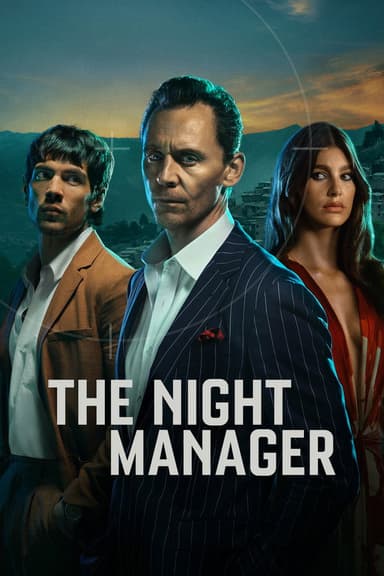
Favorite Son
1988 • Action & Adventure, Drama, War & Politics
Favorite Son is a miniseries about political intrigue that aired on NBC in 1988 a week before that year's presidential election. It starred Harry Hamlin, Linda Kozlowski, James Whitmore, Robert Loggia, John Mahoney, Ronny Cox, and a pre-Seinfeld Jason Alexander. The miniseries was adapted from the 1987 novel of the same written by Steve Sohmer, who also wrote the teleplay.
Why you should read the novel
Steve Sohmer’s novel, Favorite Son, plunges readers into the heart of American politics, unraveling secrets and machinations with compelling authenticity. The book offers vivid characterization, nuanced motivations, and insider knowledge impossible to fully translate to the screen. Reading the novel allows you to experience layer upon layer of intrigue at your own pace, savoring the moral ambiguities and subtle details that shape each twist of the plot.
Furthermore, the prose brings to life not only the high-stakes world of power and ambition, but also the internal dialogues and deep humanity of each character. You’ll discover subplots and character arcs that get compressed or omitted in the TV adaptation, making every turn of the page a fresh revelation. Embrace the expanded universe the book provides, drawing you deeper into questions about leadership, loyalty, and the price of ambition.
Choosing to read Favorite Son rather than just watching the series offers the chance to appreciate Sohmer’s incisive writing style and richly painted political landscape. You’ll gain a more profound appreciation of the novel’s themes and its exploration of American democracy, making it a richer, more satisfying experience.
Adaptation differences
One of the main differences between the TV adaptation and Steve Sohmer’s novel is the treatment of character development. While the book delves deeply into the backgrounds, motivations, and inner conflicts of characters, the series streamlines or altogether omits certain characters or subplots due to time constraints. This leads to a loss of nuance, making some characters appear more one-dimensional on screen than in the novel.
Another notable difference lies in the narrative structure and pacing. The TV miniseries condenses the sprawling narrative to fit within a limited runtime, cutting or merging several scenes and plotlines. As a result, viewers may not experience the gradual buildup of suspense or the intricate interlocking events that the book achieves over hundreds of pages. Key plot points are sometimes presented more abruptly, changing their impact.
Furthermore, the adaptation softens some of the book’s darker or more controversial elements to suit network television standards of the late 1980s. Dialogues and scenarios with political or personal complexity are sometimes simplified or altered, reducing the original’s biting commentary on political realism and media manipulation.
Finally, readers of the novel will find the inner thoughts and dilemmas of characters—so central to understanding their decisions—largely missing in the adaptation. The book’s omniscient narrative voice provides crucial context that the visual medium struggles to communicate, affecting how audiences perceive the integrity, ambition, and vulnerability of the major players. Fans of rich, psychological storytelling will find the book an entirely different and more rewarding experience.
Favorite Son inspired from
Favorite Son
by Steve Sohmer

